Blindness is a predictable side effect of being a fan boy.
For years Apple has relied and benefited from this sort of blindness to propel drone like fan boys toward obsession at every new product Apple launched. The theatrical nature of the announcements delivered by Steve Jobs would drive fan boys into a frenzy that could only be satisfied by waiting overnight in line outside an Apple store to be one of the first consumers to hold the new i-something device.
Media were no less giddy when it came to Apple’s media announcements – declaring intentions to live tweet these announcements and coveting their invitations to attend the media briefings in person as if they were non-transferable invitations to a royal wedding. Yet today’s Apple announcements are the latest example that this passion for the brand is slowing eroding – and along with it may go their biggest strategic advantage as well.
Let me explain. Apple, perhaps more than any other consumer brand, has always relied on evangelism from early consumers to propel its success. The loyal Apple devotees rave about the new device, and bring new consumers to it despite the significantly higher price tag than competitors. This raving led to their market share growth, ability to charge a premium for less and penchant for dictating unfavorable terms to strongarm partners such as mobile carriers into desperate exclusive partnerships to sell their products.
The big announcement of the iPhone 6 and Apple Watch today signifies that this era may be over for five reasons:
1. Fanboy Discontent.
With many digital first media properties like Mashable running articles like “Why I Won’t Be Buying An Apple Watch” – the media coverage from presumably easiest to please enthusiasts has been excited but mixed. The veil of typical blindness that once consumed any discussion about Apple’s new product launches is slowly lifting as consumers and media alike are starting to debate whether the newest iGizmo is actually worth the fanfare.
2. Low Value.
Today, buying an Apple device also means you need to commit to buying an ecosystem of add on accessories to “upgrade” or protect your device. Meanwhile, Apple skips providing indispensible items such as a wall plug or high quality charging cords. The frustration with these missing necessities has led to many complaints and entire crowdfunding campaigns for better charging cords.
3. Inconsistent Advertising.
Apple’s TV spots were once beautiful and iconic in how they introduced products. The focus was on design and function – and above all you could always tell an Apple ad from any other competitor. In past years, though, the advertising has become indistinguishable from other brands. It tells stories with nice imagery, but fails to remain distinctly Apple. The “Chicken Fat” ad was only one example of this, but likely the most frequently ridiculed and lamented among a whole range of new ads.
4. Smarter Competitors.
The world around Apple has failed to stand still as well. Samsung has gotten much smarter with products using features consumers really want – and their latest Galaxy 5 advertising promoting the waterproof and battery saving features of their newest phone is a consumer friendly winner. Meanwhile other innovators have come up in wearable technology, phablets, fitness tracking, mobile payments and just about every other sector that Apple is now entering as a late participant. The brand’s late entry in every category is a failure that many consumers and media are talking about.
5. Consumer Sophistication.
The final element that propels may negatively effect Apple’s fortune is the sophistication of consumers themselves when it comes to their devices. When you invent an iPod and a new way to consume music, then telling people what they want works because they really don’t know. When you launch another form of mobile payments, or a phablet device … consumers have a better idea of what they want because they have seen those products before. Rounded edges and thin form design are no longer enough. Now consumers can get waterproof design and extended battery life too. Put simply, the bar is higher.
The Bottom Line
When you take these things in combination, I believe the bottom line is that the power of Apple’s brand is no longer enough to compensate for building its own ecosystem incompatible with others, forcing consumers to routinely abandon old devices or charge an extreme premium for their latest gadget. Several media sources are even predicting that Apple’s past success may be impossible to duplicate. None of this means Apple is going out of business tomorrow. But it does mean something that perhaps may be far more serious in the long term.
Apple is finally just like every other consumer electronics company.







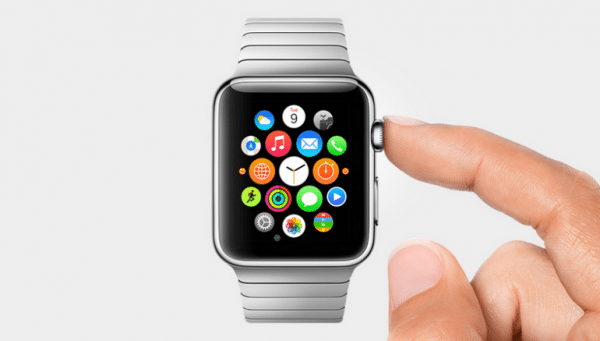
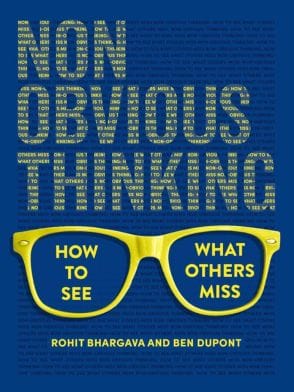




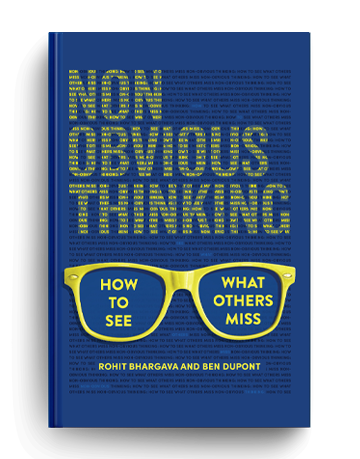
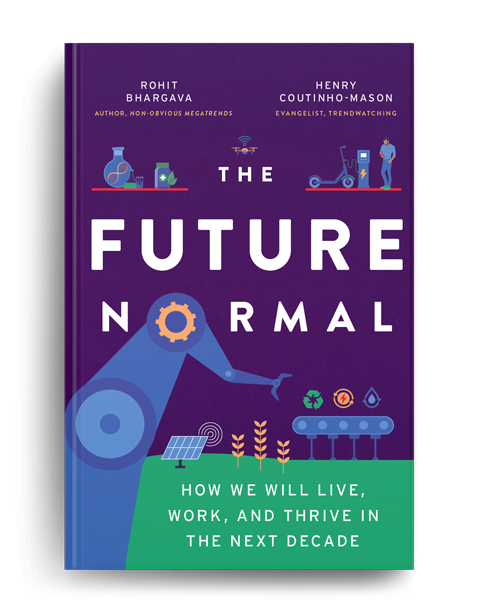

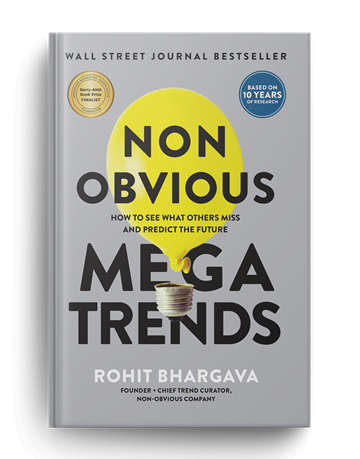
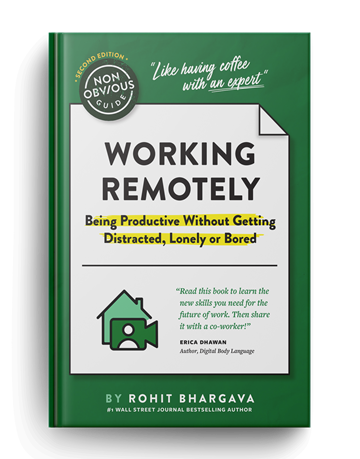
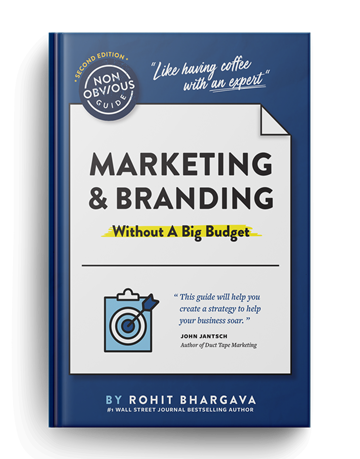

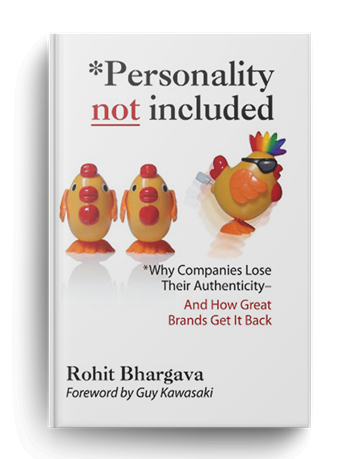
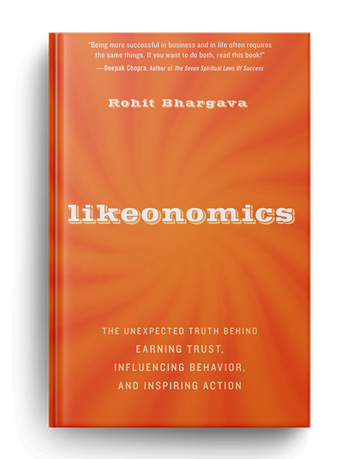


Thanks for writing this, Rohit. It really got me thinking.
I’m paraphrasing a friend who tweeted, “Apple gives features Android users have had for years, and fanboys lose their minds.” That’s to say that I think you’re right that the era of Apple’s OUTRIGHT dominance is over. It feels like there’s a cultural shift that makes them seem less end-all-be-all.
On the other hand, the Apple Watch could be a huge shot in the arm for wearable tech. So that’s something to watch.
But ultimately, I think the Watch is a feint. The bigger story is Apple Pay. That’s the true gamechanger. One payment system to rule them all. Yeah, kinda. If they nail that–and people are predisposed because it’s Apple–then there will be a lot of fallout and consolidation in the mobile payments sector. One thing that Apple’s show they’re good at is offering simple solutions to problems other couldn’t even crack. Payments will be their great leap forward, as it will be like owning the “pipes” of the internet back in the 90s. It’s not that they’ll own a huge platform (iTunes & physical retail), but a key piece of the digital ecosystem.
Rob, The Motorola Moto 360 is prettier and in my opinion more user friendly than the Apple Watch. Payments by NFC already exist in many Android devices. NFC can even do much more then just payments. It looks like Apple is offering too little, too late. They’re not the game changer anymore they used to be, which is a pity, because it stimulates the competition to raise the bar as well.
Bang on! What the Moto360 did to watches is what Apple did to the smartphone back in 2005.
Hi Rohit,
I think you have said some interesting things. It is pretty hard to mention Apple without Steve Jobs. Could it be said that “his time had come”? Obviously it did. If he was alive today, would Apple look any different than it does today? We will never know the answer to that one.
About 3 months ago I noticed for the first time iPads or something like that in Costco, and thought “there is a change”. But Apple has been in Wal-mart for years. So I am not sure if not being in Costco was Costco’s choice or Apple’s choice.
There is a saying that goes like “very rarely are things the way they appear to be”. I would have to agree with Rob, if Apple Pay works, it will be a game changer for a season. So maybe the production of Apple trinkets changes substantially, and they become more of bankers?
As my neighbor says “no body said it will last forever”. Partially correct. There are a couple things that do last forever. But businesses certainly do not.
Time will tell.
A few more signs are that the headlines are getting more improbable. Business Insider, Tech Crunch and others crank out more articles than usual with lines like “Apple will kill the credit card industry” when you still need a credit card to use their new system and “Switzerland should be terrified” when the Apple Watch targets a completely different market than say Jaeger LeCoultre.
This is nothing but click bait.
Hi Rohit, I know it’s been said a hundred times before – but I do think that on Steve Jobs’ passing Apple began a downward spiral.